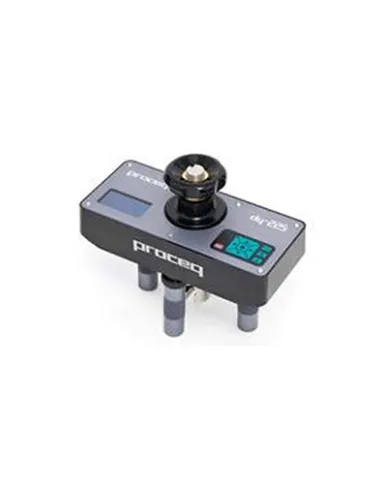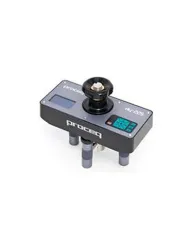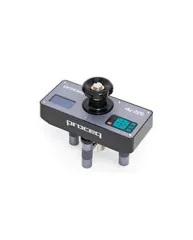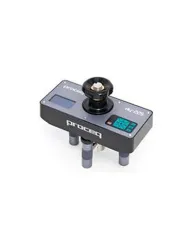
Adhesion Testers for Concrete Strength Testing – Proceq DY206
Category :
Rebar and Corrosion Analyzer
Rebar and Corrosion Analyzer
Price :
Rp.123
More From Rebar and Corrosion Analyzer
Adhesion Testers for Concrete Strength Testing – Proceq DY206
The quality of concrete repairs is determined by the adhesive strength between the repair material and the substrate. Pull-off testing is the most widely used test method to assess bond strength. The Proceq DY-2 family of automated pull-off testers covers the complete range of pull-off applications with unmatched ease of operation and the ability to store a complete record of the test
Rp.123
See DetailsAdhesion Testers for Concrete Strength Testing – Proceq DY216
The quality of concrete repairs is determined by the adhesive strength between the repair material and the substrate. Pull-off testing is the most widely used test method to assess bond strength. The Proceq DY-2 family of automated pull-off testers covers the complete range of pull-off applications with unmatched ease of operation and the ability to store a complete record of the test
Rp.123
See DetailsAdhesion Testers for Concrete Strength Testing – Proceq DY225
The quality of concrete repairs is determined by the adhesive strength between the repair material and the substrate. Pull-off testing is the most widely used test method to assess bond strength. The Proceq DY-2 family of automated pull-off testers covers the complete range of pull-off applications with unmatched ease of operation and the ability to store a complete record of the test
Rp.123
See Details



